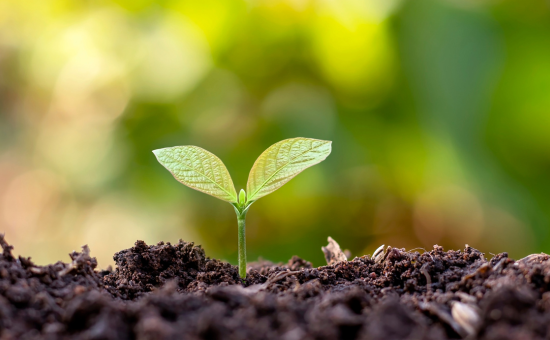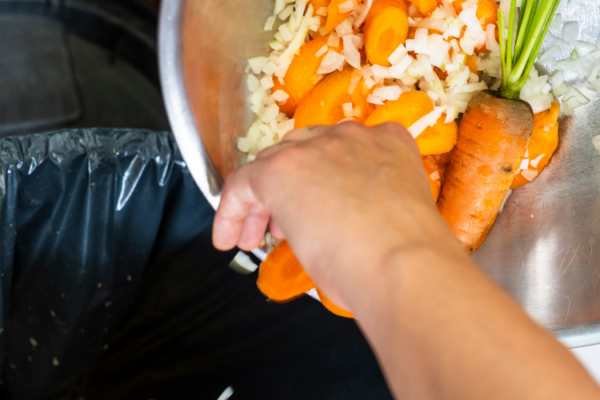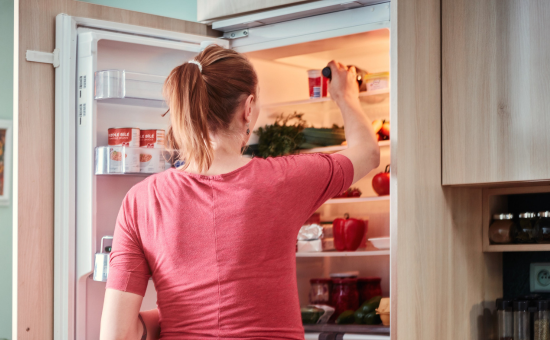On July 21st Municipal Council approved the bylaw framework being developed to minimize organics in Whistler’s waste stream. In 2014 Whistler produced 15,761 tonnes of landfilled waste. Organics traditionally take up more than 45% of household garbage (54% in Whistler) so diverting them could drastically reduce what we annually send to the landfill.
What are organics? Organics include compost and food scraps – raw and cooked food, plate scrapings, leftovers, expired food, meat, bones, dairy products and more. Why Recycle? Recycling food scraps reduces garbage and greenhouse gases, and creates compost for local agriculture.
Metro Vancouver most recently implemented a mandatory food scraps recycling program which has been very well received by the city and serves as a standout best practice for others making a similar transition. Financial enforcement of the program began on July 1, 2015. Waste haulers arriving at the regional disposal facility with more than 25% visible food are surcharged at 50% of the cost of the disposal. Starting in January 2016 Metro Vancouver will begin to minimize the allowable amount of food scraps in the garbage.
A similar transition period has been proposed for Whistler’s organics diversion. The bylaw is expected to emerge in July 2016, allow for an education and support period and then transition into financial enforcement beginning in July 2017.
What could diverting organics from the waste stream look like for Whistler? Single-family homes would be expected to continue bringing their recyclables including compost to local depots, while strata and commercial buildings not already equipped with a compost bin in their waste room would be expected to provide one. If the commercial and strata sector undergo proper waste hauling contract negotiations they could save between $200,000 and $400,000 annually. The RMOW could experience savings of up to $90,000.
In accordance with the proposed change AWARE has received funding from the Community Enrichment Program to aid select strata properties with their recycling and composting behaviours and waste room infrastructure. A pilot project with participating strata properties will take place over the next several months to determine the barriers and benefits of recycling experienced by the strata occupants. Toolkits will be assembled as a result of this work comprising of the most cost effective and efficient tools for diversion. Studies have found segregating compost and recyclables in the home prior to the waste room, proper under the sink bins, clear signage and tight fitting compost lids can lead to the greatest success in recycling. AWARE intends to use these tips and others to help make recycling and composting easy, simple and part of everyday life.
“I want to be remembered for the things that I did while on this planet and not for the trash that I left behind.” – Laura Singer, Zero Waste blogger at Trash is for Tossers and founder of The Simply Co.






